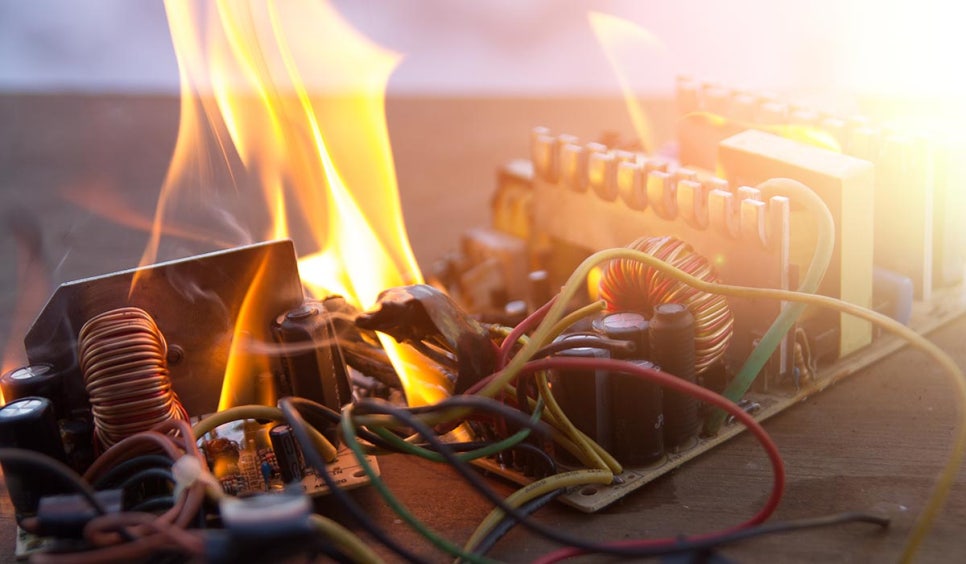|
According to the National Burglar Fire Alarm Association (NBFAA) and industry experts, as low-voltage technology becomes more prevalent, electrical systems are becoming more susceptible to transient damage, which causes them to malfunction more frequently, forcing system designers to put more thought into suppressing surges on the AC power lines and data/communication lines that feed fire alarm systems. About 30 to 40 percent of the damaging transients that enter a system come over AC power lines, but far more come over 48-volt telephone lines. “Lightning can disable a lot of fire alarms, especially in cable-connected complexes,” said Whitney Crahen, a fire prevention specialist for the city of San Antonio. “When lightning strikes, it can travel hundreds of feet, seeking the path of least resistance. And much of that path of least resistance is high-conductivity copper wiring that connects life-safety systems.” Complicating the problem of destructive overvoltage is the increasing use of low-voltage systems. New data circuits operating at 3 V can be damaged by relatively low overvoltages compared to older analog components. The solution to transients, according to NBFFA's Crahen and other experts, is to install surge suppressors. "Installing surge suppressors at the outlets where transformers are connected will bypass transients to ground before they reach the control panel, greatly reducing the risk of false alarms or damage to the control panel," a May 2000 NBFAA report said. Surge suppressors can be installed on telephone lines before they reach the control panel for the same effect. Even though most of the components that make up the system have built-in protection to meet UL requirements, they are not able to prevent the transient voltages that enter the sensitive control panel. This can destroy life-saving systems such as fire alarms. However, installing a surge suppressor can help keep this critical system always online. Surge suppressors pass the surge to ground when the voltage reaches a set value, and wait until the voltage rises again when the voltage drops below the set value. If a very large surge comes in, the surge suppressor sacrifices itself to protect sensitive equipment. No matter what kind of protection you use, you should always install a surge suppressor to ensure that your fire alarm system functions properly. Crahen goes a step further, saying, “You need a good surge suppressor for your fire alarm system, and installing one will save you a lot of trouble down the road.” Source: Fire alarm specialists, inspectors stress importance of surge protection <Online Exclusive, Jul 10 2002> |

